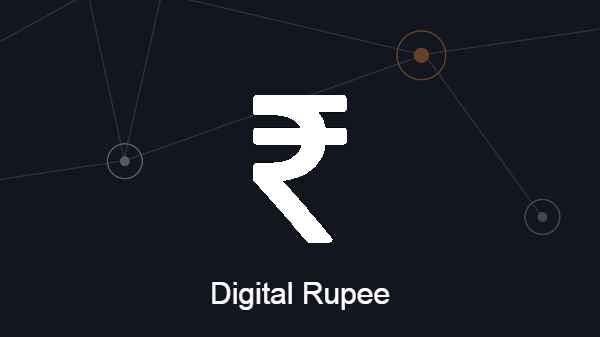Digital Rupee Launching Soon: Know Now!

The Reserve Bank of India (RBI) will establish a central bank digital currency, according to Finance Minister Nirmala Sitharaman (CBDC). ‘ “The introduction of Central Bank Digital Currency (CBDC) will offer the digital economy a significant boost. In addition, the digital currency will result in a more efficient and cost-effective currency management system. As a result, it is proposed that the Reserve Bank of India issue a Digital Rupee beginning in 2022-23, based on blockchain and other technologies “The FM stated.
Despite the fact that the central bank has previously expressed reservations about private virtual currencies, there has been speculation that it will issue CBDC. The Reserve Bank of India (RBI) will introduce the Digital Rupee as a CBDC. The government claims that the Digital Rupee will minimize reliance on currency and reduce settlement risk.
What is CBDC
CBDC refers to a digital currency issued by a central bank. It is a digital type of legal money issued by the central bank. To put it another way, it’s similar to a fiat currency but in a different form. The Digital Rupee will be underpinned by blockchain technology in this situation. Wallets based on the blockchain will be able to exchange this currency. It will also be able to be exchanged for government-issued currency.
What is Blockchain Technology and How Does It Work?
A blockchain is a digital ledger that is nearly hard to alter, hack, or cheat. It’s a digital ledger of transactions that are duplicated and disseminated across the blockchain’s complete network of devices. To put it another way, the technology will assist you in storing and transacting digital currency. It is one of the safest ways to exchange currencies online because it is difficult to tamper with.
What Sets the Digital Rupee Apart from Bitcoin and Other Cryptocurrencies?
Despite the fact that CBDCs are inspired by Bitcoin, there is one significant difference. While Bitcoin, Ethereum, DogeCoin, and other popular cryptocurrencies use blockchain technology, they do not have legal tender status. Despite their growing popularity in India, their use is still fairly limited. Because the RBI will be behind it, the Digital Rupee is projected to be a legal tender that will be accepted throughout the country.



